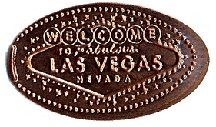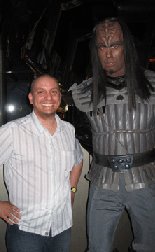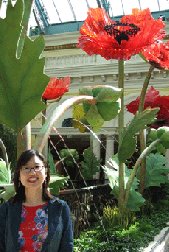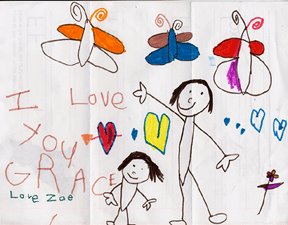ps
Thanks to all who have e-mailed me about my blog. I am going to continue blogging at pacyforest.blogspot.com; though I am still trying to figure out the restructure. There was just a little too much divulging here at pacyworks...
chronicles of my work and life
 Last month, Robert got great results from his latest scan. His tumors had shrunk to the point that the doctor said he could take a month off of treatment. After doing chemo for over a year now, getting a month off is like finding a puddle of water in the middle of a desert.
Last month, Robert got great results from his latest scan. His tumors had shrunk to the point that the doctor said he could take a month off of treatment. After doing chemo for over a year now, getting a month off is like finding a puddle of water in the middle of a desert.  Which is pretty much what Las Vegas is. With this month of freedom, we quickly planned a celebratory trip there. We had wanted to go to Europe, but settled for Vegas and the Paris hotel instead. Complete with a Eiffel Tower replica, what more could you want? I admit, I always feel slight twinges of guilt as I enjoy the sparkling fountains and the faux canals, considering the scars which were probably forced upon the earth to create this man-made oasis. But in the end, where else can one meet a klingon, see breath-taking shows (we love cirque du soleil, by the way--go see KA) and lose money yet still feel happy? So, I gave in to the sheer decadence and had a fabulous time...just like the ad says.
Which is pretty much what Las Vegas is. With this month of freedom, we quickly planned a celebratory trip there. We had wanted to go to Europe, but settled for Vegas and the Paris hotel instead. Complete with a Eiffel Tower replica, what more could you want? I admit, I always feel slight twinges of guilt as I enjoy the sparkling fountains and the faux canals, considering the scars which were probably forced upon the earth to create this man-made oasis. But in the end, where else can one meet a klingon, see breath-taking shows (we love cirque du soleil, by the way--go see KA) and lose money yet still feel happy? So, I gave in to the sheer decadence and had a fabulous time...just like the ad says.


 During my panel discussion (with my editor Alvina Ling and YA author Justina Chen Headley) at the North American Taiwanese Women's Association conference in Houston, I discovered that my book ,"Year of the Dog" is controversial. This was a bit of a surprise to me, as "Year of the Dog" is almost a memoir, filled with my personal childhood stories, interwoven with my mother's. I thought it would be an easy fit with the Taiwanese women.
During my panel discussion (with my editor Alvina Ling and YA author Justina Chen Headley) at the North American Taiwanese Women's Association conference in Houston, I discovered that my book ,"Year of the Dog" is controversial. This was a bit of a surprise to me, as "Year of the Dog" is almost a memoir, filled with my personal childhood stories, interwoven with my mother's. I thought it would be an easy fit with the Taiwanese women. Recently, a good friend of mine announced that his book was going to be made into a Dreamworks movie. I'm thrilled for him and I foresee great things--blockbuster, Oscars, NY Times bestseller etc.
Recently, a good friend of mine announced that his book was going to be made into a Dreamworks movie. I'm thrilled for him and I foresee great things--blockbuster, Oscars, NY Times bestseller etc. "By the way, I left the donated Grace Lin novel, Year of the Dog on the Display table. You've GOT to read it. I gave my daughter a copy as part of her CNY gift last night with her Hong Bao and we're on Chapter 8, already. It's really funny. I can see that my daughter totally relates to it from the perspective of being Asian in a very white community and as far as knowing the Chinese customs & traditions that are being discussed in the book and being able to catch the humor of various situations. She loves it. She said she can't wait to read the next chapter but doesn't want the book to end. I feel the same. Grace Lin is every Chinese Girls hero! She's mine, that's for sure. I love everything about her and this new book makes me want to just reach out and hug her for writing it. It speaks to "my daughter" in a language that she understands as a Chinese-American girl growing up in a white society. Read it."
 Well, my constant travels have left Robert alone too long. In retaliation, he has decided to destroy our home. He calls it a renovation, however the chaos it causes make me want to call it a couple of other names that are not that polite...
Well, my constant travels have left Robert alone too long. In retaliation, he has decided to destroy our home. He calls it a renovation, however the chaos it causes make me want to call it a couple of other names that are not that polite...